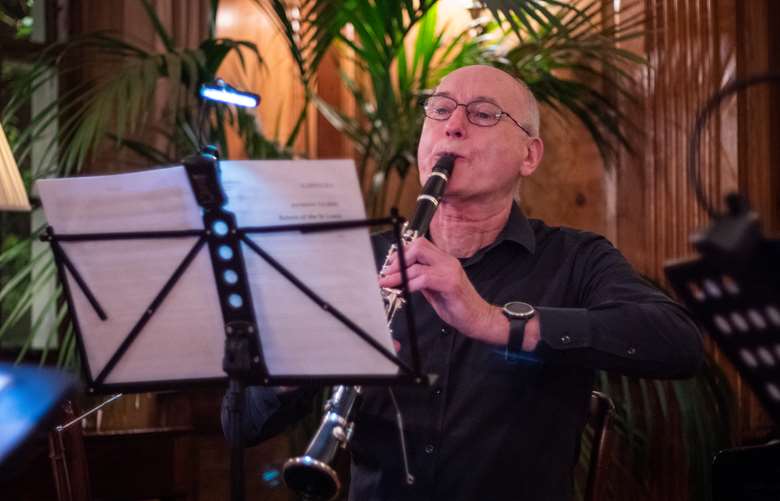Forging ahead: London New Wind Festival
Florence Lockheart
Friday, November 1, 2024
As the 27th edition of London New Wind Festival gets underway in the capital, Classical Music hears from festival director Catherine Pluygers about the organisation’s evolution from ensemble to festival and find out how it has grown since then


Register now to continue reading
Don’t miss out on our dedicated coverage of the classical music world. Register today to enjoy the following benefits:
- Unlimited access to news pages
- Free weekly email newsletter
- Free access to two subscriber-only articles per month



